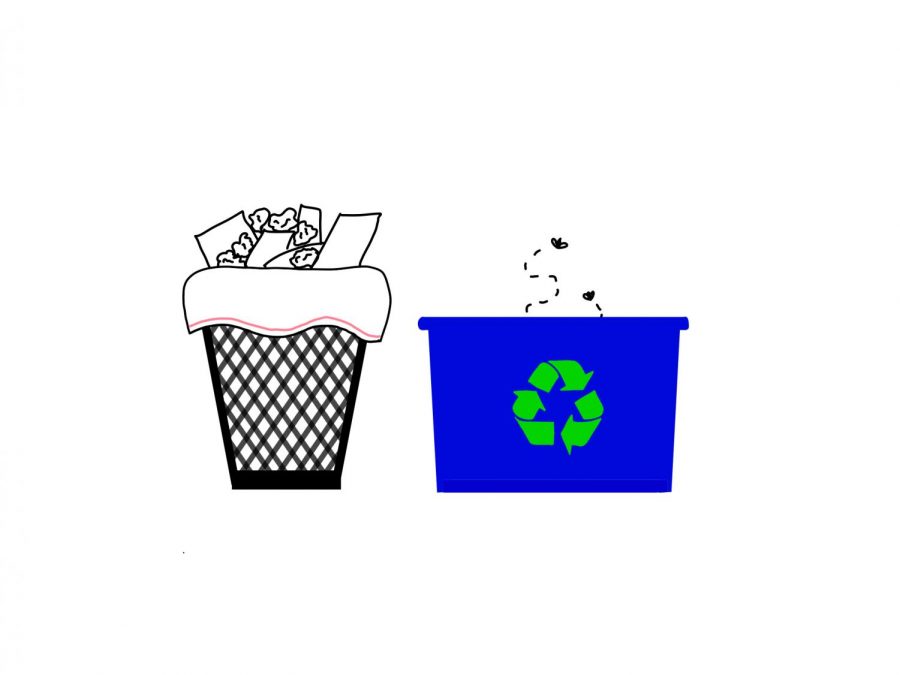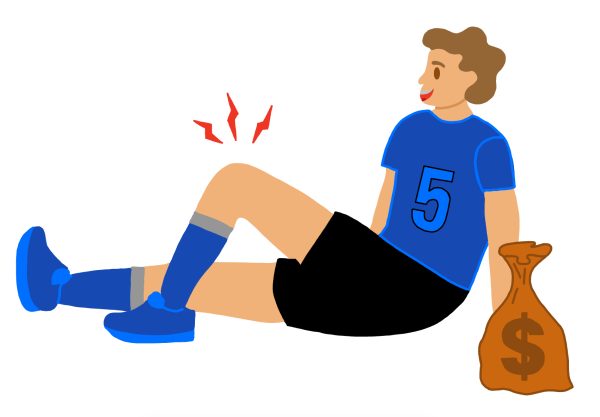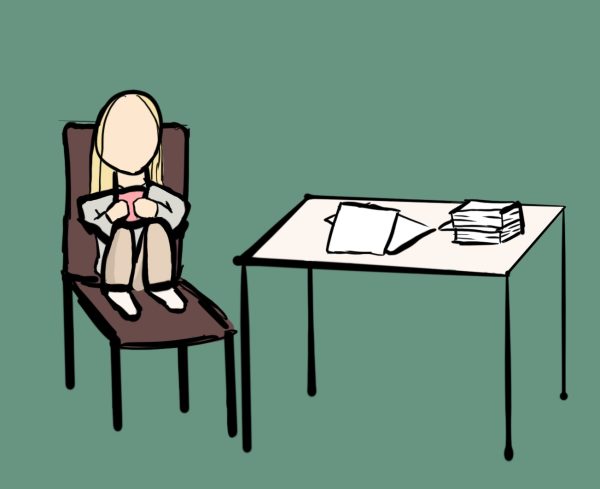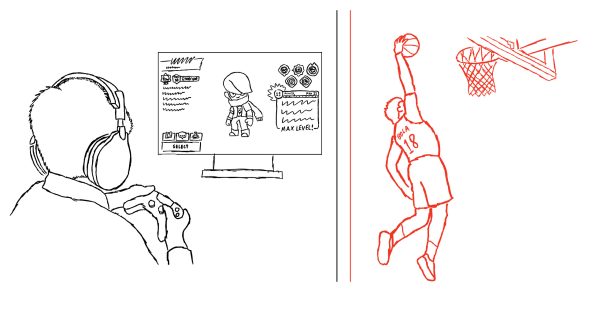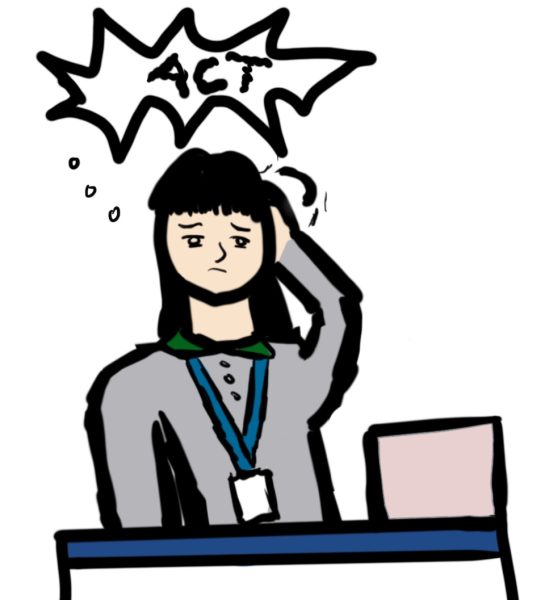Recycling program unnecessary casualty of pandemic
As the severity of the pandemic persists, so does the importance of recycling.
Many now-essential supplies such as paper towels, wipes and single use plastic products rely on recycled materials for their production. Since the abrupt school closure in March 2020, Viator has halted its recycling program due to COVID-19 safety guidelines. At the first strike of the pandemic, various cities across America opted to temporarily postpone recycling collection. However, after a year of living with the pandemic, we know more about what can and cannot be done safely; it is possible to run a school wide recycling program while still taking precautionary measures.
The school has implemented countless new precautions with the intent of stopping the spread of COVID-19. In reality, these changes have shown their own side effects.
The new lunch system solves safety concerns; students receive pre-packaged meals and have the option to purchase additional snacks and drinks, thus eliminating the close quarters and communal serving style of Querbes Hall. But at the end of each day, the countless plastic bottles and single-use bags flood the trash bins with no option to dispose of them through recycling.
Despite much of our work being digital, teachers and students still utilize paper in the classroom regularly.
According to the American Federation of Teachers, schools generate approximately 4.7 pounds of waste per person each day, and at least 40 percent of a school’s waste consists of paper.
Research from the University of Southern Indiana estimates that for each ton of paper that is recycled, 17 trees, 380 gallons of oil, three cubic yards of landfill space, 4000 kilowatts of energy and 7000 gallons of water can be saved.
By decreasing the number of students involved in Viator’s recycling process and requiring gloves to be worn, it is possible to restart the program. It would require responsibility from the students to abstain from placing any masks, used towels or gloves in the bins to avoid contamination. From there, food and drink containers would need to be separated from any normal paper or plastic materials so that everything can be properly sorted by the local recycling center.
Obviously, stopping the pandemic is and should be our first priority. However, that does not absolve us of our collective responsibility to make environmentally conscious decisions.
Your donation will support the student journalists of Saint Viator High School. Your contribution will allow us to purchase equipment and cover our annual website hosting costs.



